Problem solving teaches discernment and helps students distinguish what is a solvable problem. Problem solving develops grit and builds confidence. Problem solving skills prepare students for future careers and life experiences.
and is the single most important predictor of success in school.
Literacy is the ability to communicate via reading, writing, speaking, listening and the ability to understand and use numerals.
The ability to read and write are the most essential skills students need to communicate.
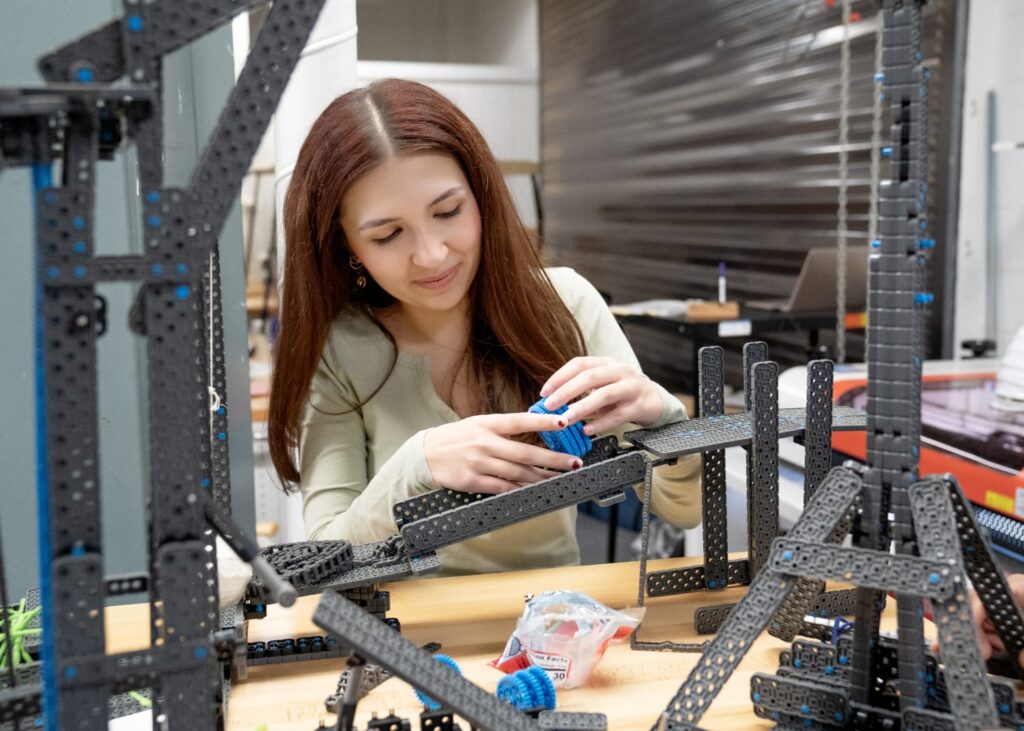
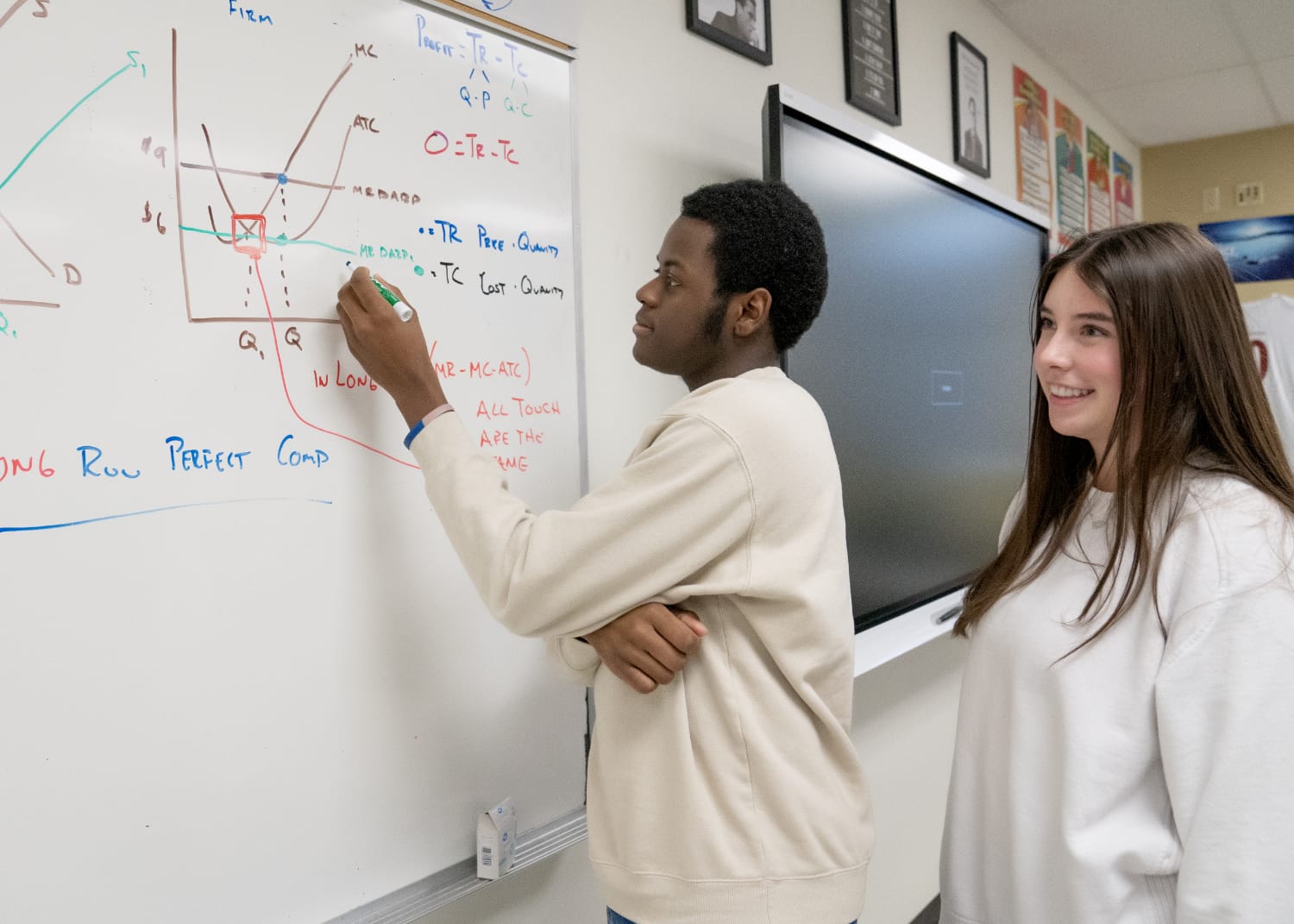
The use of technology should not simply replace pencil/paper, but enhance the learning activity in a way that pencil/paper could not. Technology improves student outcomes and enhances the learning experience, when used strategically. Technology fosters collaboration by allowing students to work together on the same topic from different locations throughout the school, district, state, and country.
requires the intentional incorporation of activities or actions done throughout the lesson to build relationships and connections between teacher, student, and content. Cultivating relationships fosters a safe and engaging learning environment. Connecting with students is a form of social and emotional learning that will create and enhance a classroom/school community.
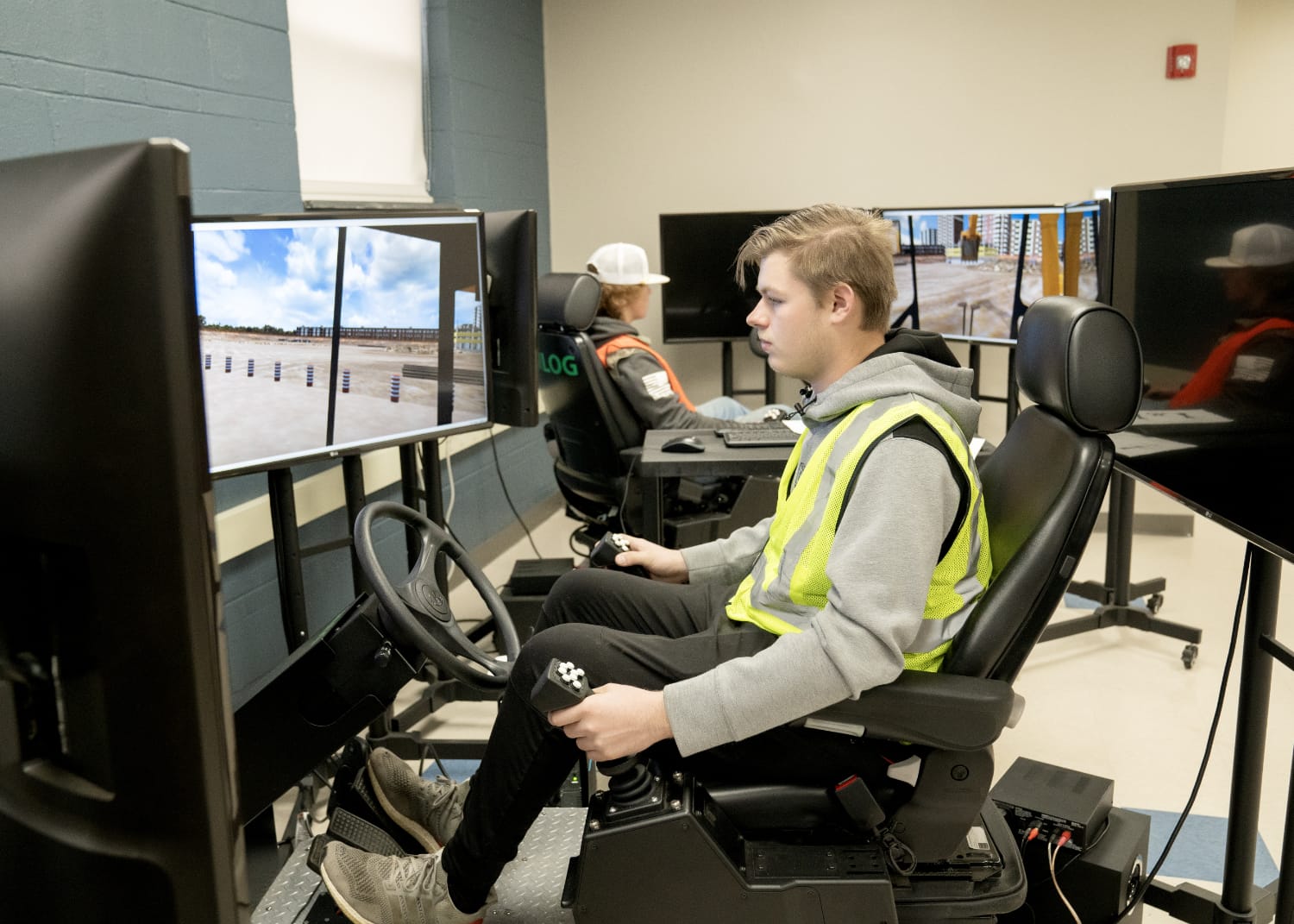
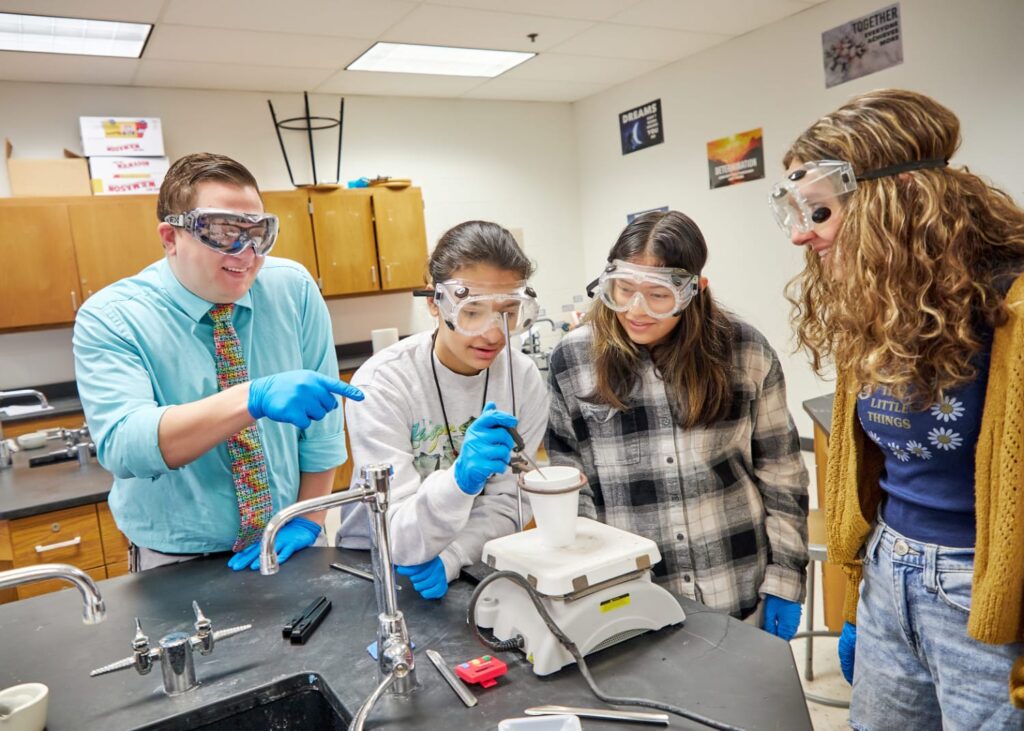
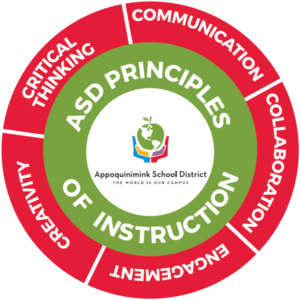
Collaboration – teamwork designed to achieve a desired goal
Communication – the successful conveying of ideas or feelings
Creativity – the ability to transcend traditional ideas to create meaningful new ideas
Critical Thinking – actively applying and synthesizing, information gathered as a guide to belief and action.
Engagement – interest, passionate and investment in learning, displayed by students writing, speaking, and/or visibility completing a task.
Fundamental, high leverage (high yield/effect size) methods of lesson delivery used daily to yield positive student outcomes
Methods/practices that support the implementation of the Appo Principles of Instruction
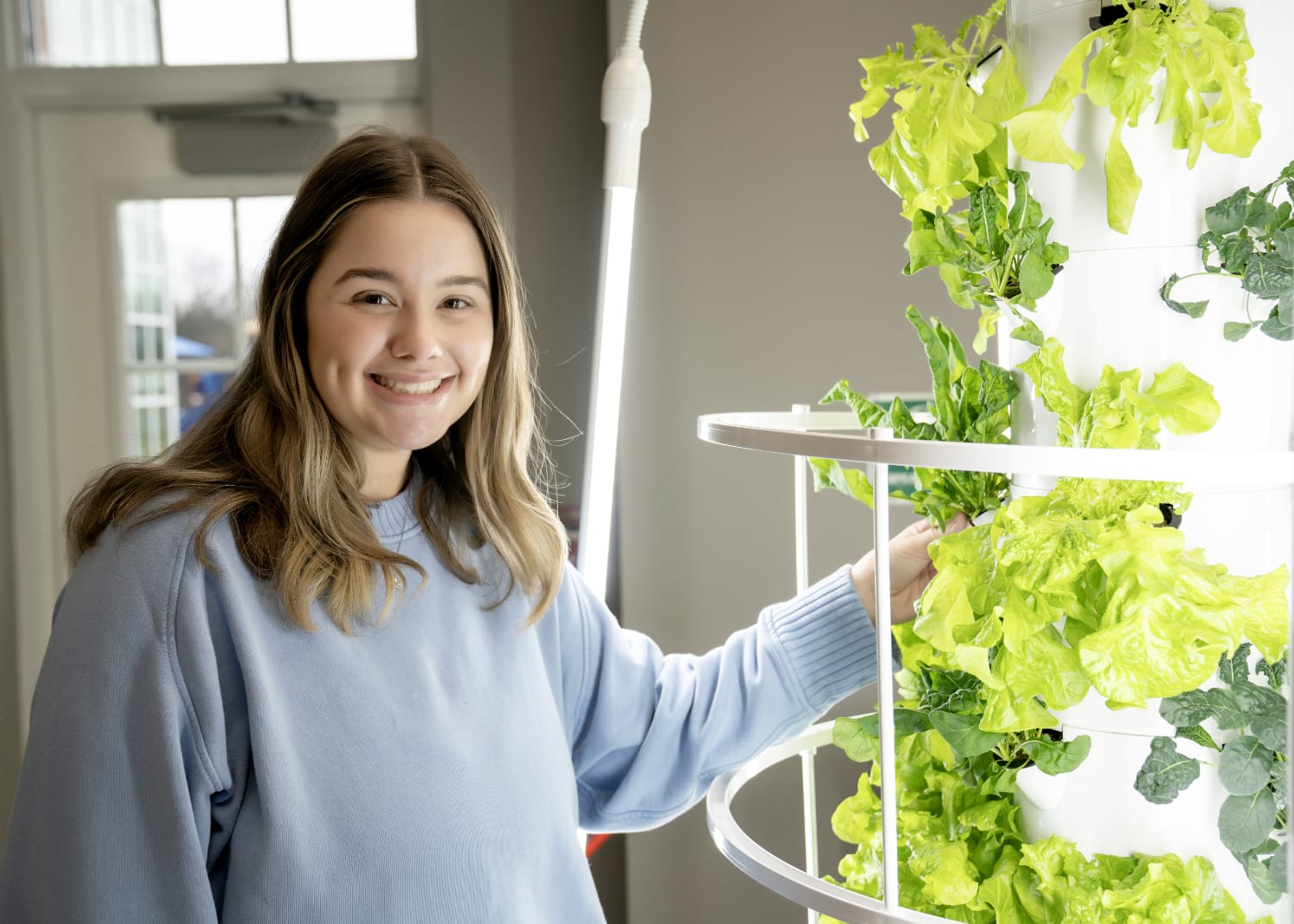
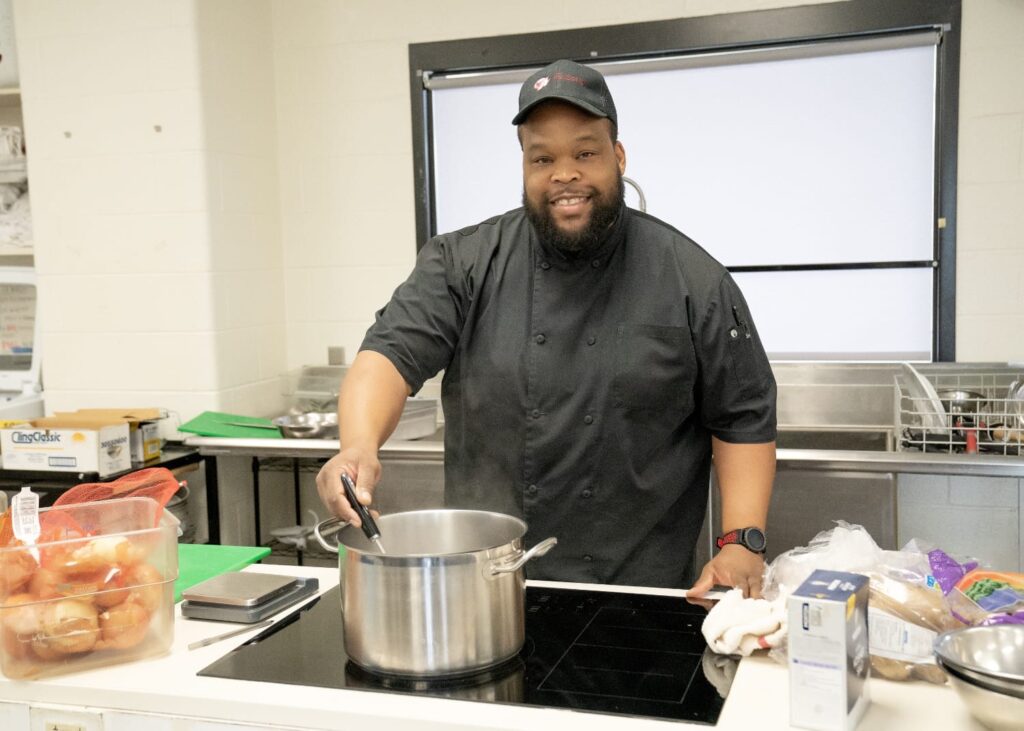
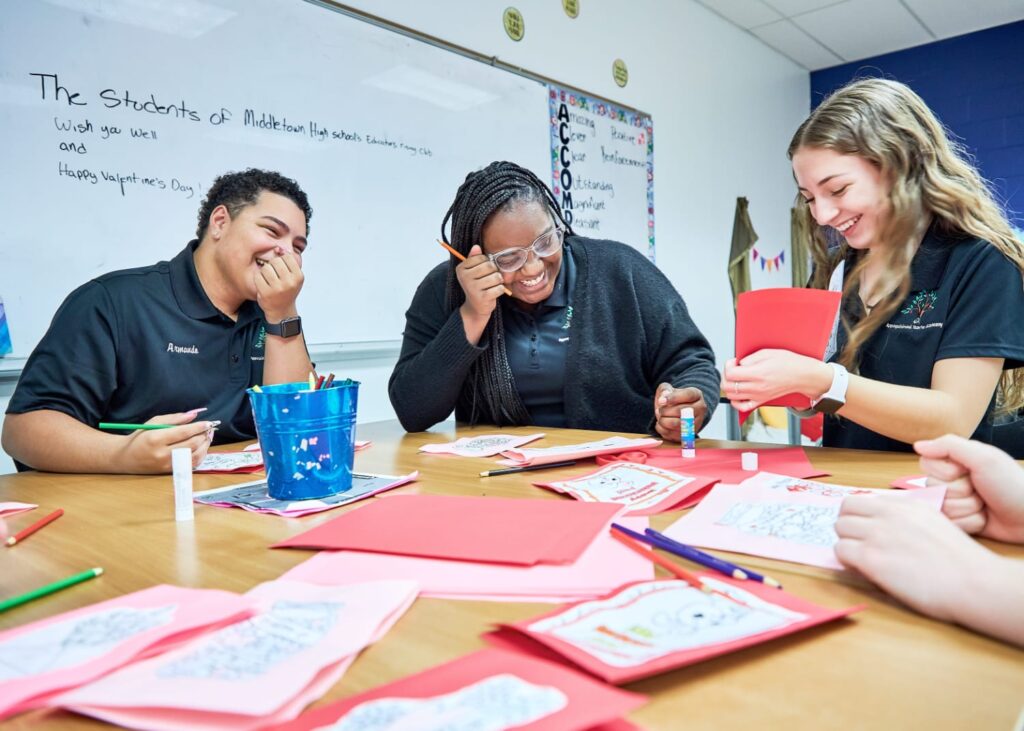
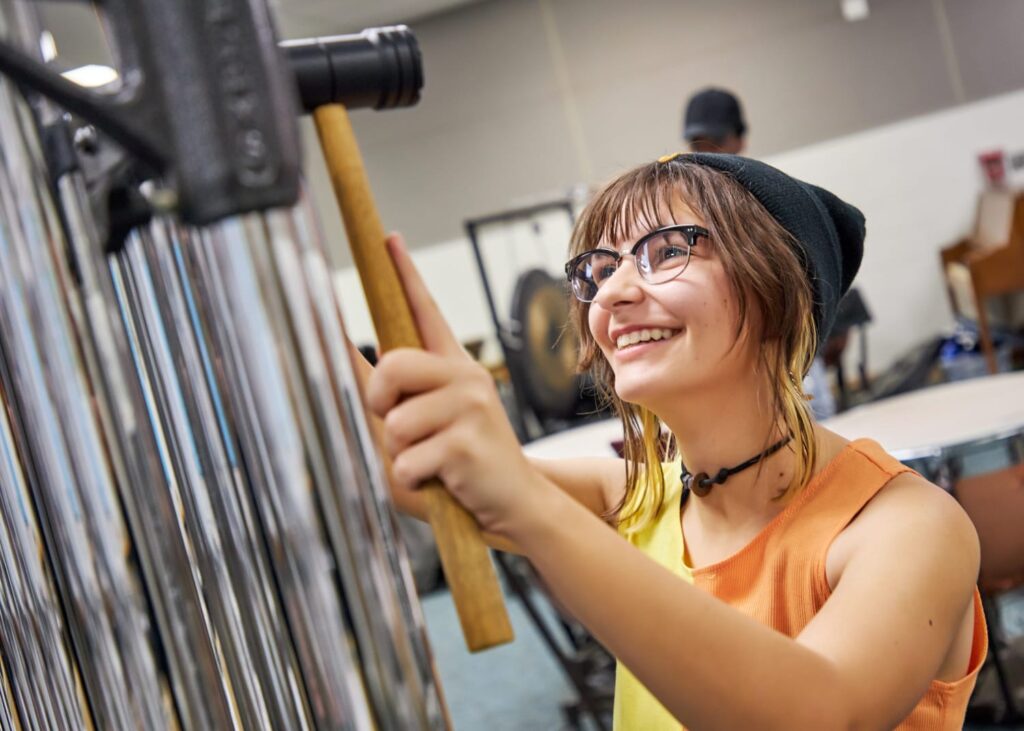
Dr. John Tanner
Mondaria Galloway
Andrea Brown
Dr. Susan Flores
Dr. Devon Jacob
Alison Phillips
Sherrie Sudler
James Weeks
Corey White
The ASD Principles of Instruction allow for a common language and clarity for teachers to plan strong, research based instruction. The alignment of principles across the schools allows for student and teacher clarity. These researched best practices exemplify critical components to be included in effective instruction to support teacher planning and student learning.
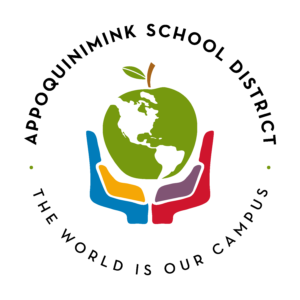
Appoquinimink School District
118 S. Sixth Street
Odessa · DE · 19730
WBL@appo.k12.de.us
apposchooldistrict.com